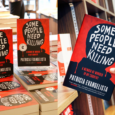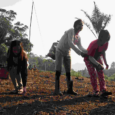Bad news, folks. We may run out of seafood about three decades from now.
According to the United Nations’ Food and Agriculture Organisation (FAO), if sustainable fishing methods are not used now, there may not be enough fish to feed a global population expected to reach 9.7 billion by 2050. In the Philippines, majority of the seas are already “overfished” by illegal fishing methods. That is alarming since six million Filipinos rely on fisheries for food and livelihood.
The good news is there are actions being done and you too can pitch in to make sure that future generations will still get to eat seafood. And, more importantly, that there will be “fish forever”. The campaign called “Linked by the Sea” is led by Fishers and Changemakers, Inc.
(FCI) in partnership with RARE Philippines and the British Council Active Citizens along with other organizations and commercial establishments.
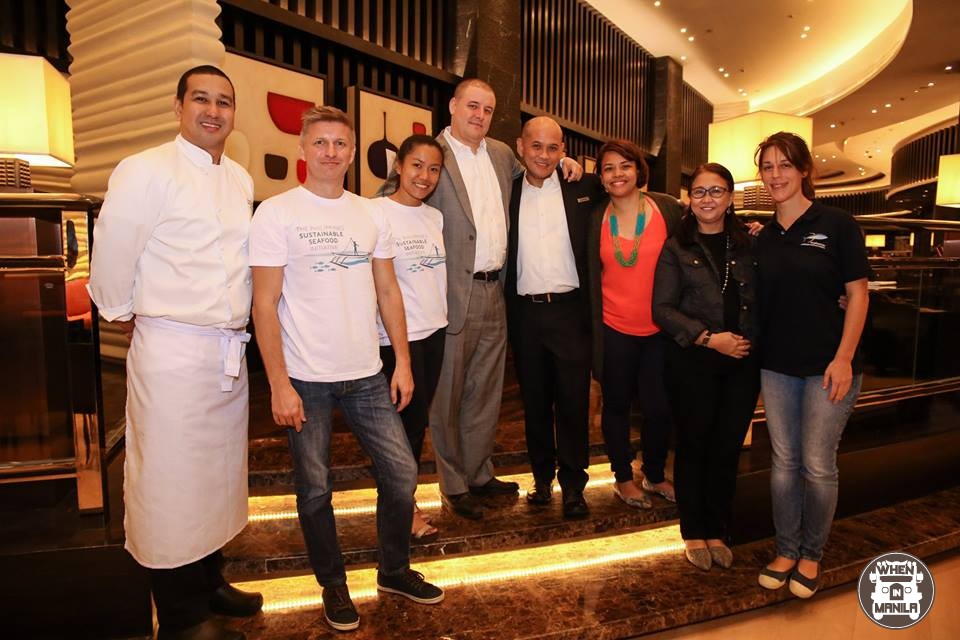
They basically support fisherfolks and their communities while saving the seas. One of their key activities every year takes place during the Sustainable Seafood Week. It started in 2015 and has been held every year since in various hotels and restaurants.
FCI helps fisherfolks that practice sustainable fishing and technology by helping them market their catch. These are under the Balangay’s Best, the brand of high-quality, naturally processed, wild-caught sustainable seafood products made by artisan Filipino fishers. Its products include dried seafood products that carry such cute names as Darling Danggit (rabbitfish), Mommy Dilis (anchovies), Papa Pusit (squid), and Baby Bangsi (flying fish). These are sold in selected restaurants and shops such as in Holy Carabao, Echo Store among others.
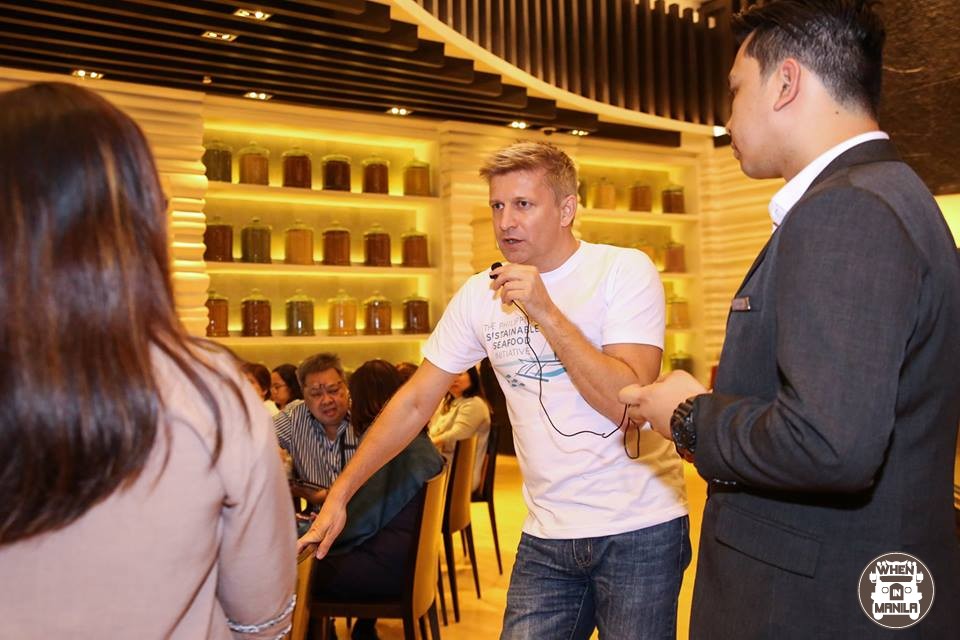
FCI’s partner RARE Philippines, a global non-profit organization, is helping communities adopt sustainable behaviors toward their natural resources. They work closely with municipal fisherfolks. It is present in six municipalities: in Looc and Lubang in Mindoro Occidental; Ayungon and Bindoy in Negros Oriental; and Cantilan and Cortez in Surigao del Sur. According to RARE, “more than 90 percent of Philippine fish stocks are seriously plundered or diminished due to overfishing, pollution and destructive or illegal fishing practices”
The government has also strengthened its efforts to curb illegal fishing. The country’s 18-year-old Fisheries Code (Republic Act 8550) has been amended with the passage of Republic Act (RA) 10654 in 2015.
Among others, the law authored by Senator Cynthia Villar, increased the penalty against illegal fishing activities. It also enhanced the the fishery law enforcement capabilities of the Bureau of Fisheries and Aquatic Resources (BFAR) against illegal, unreported and unregulated (IUU) fishing.
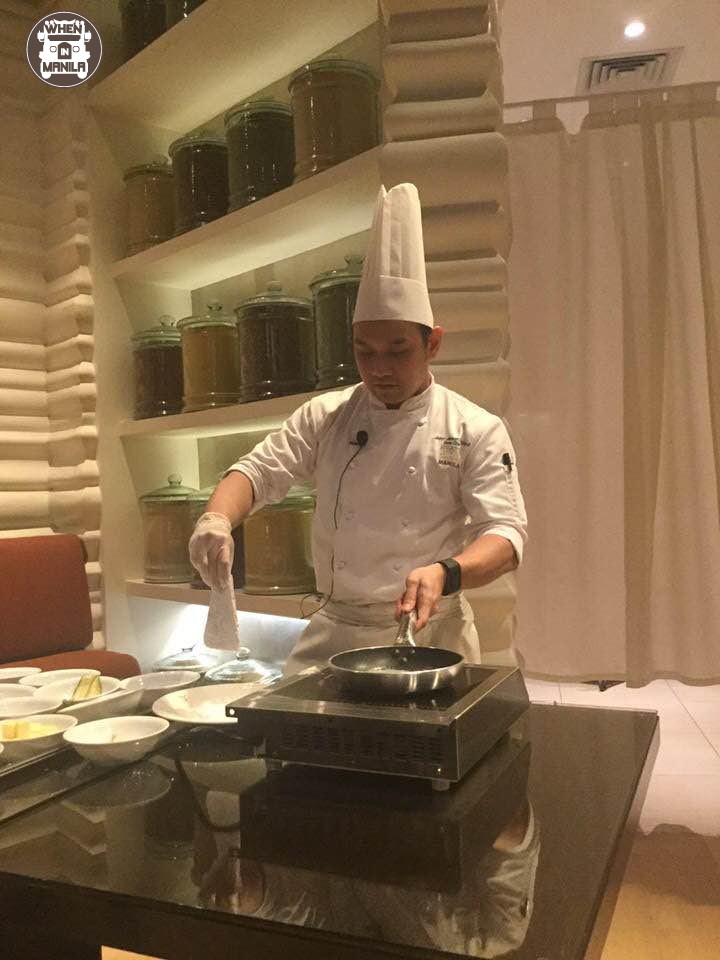
Don’t think that efforts can only be done by organizations and authorities? You can do your part, too. So, how can you as a seafood consumer help out? Eat responsibly by making sure that the fish or other seafood that you eat are caught using sustainable fishing methods. Interacting with fisherfolks will also enhance our appreciation of what they do and their plight. Filipino fisherfolks are among the poorest and most of them cannot even afford to eat what they catch. It will not take much also to be an advocate of the sustainable seafood campaign; just spread the word in social media.
A future without seafood and seas without fish is certainly not what we want for our children and their children, so let us help make fish forever and save our seas.

